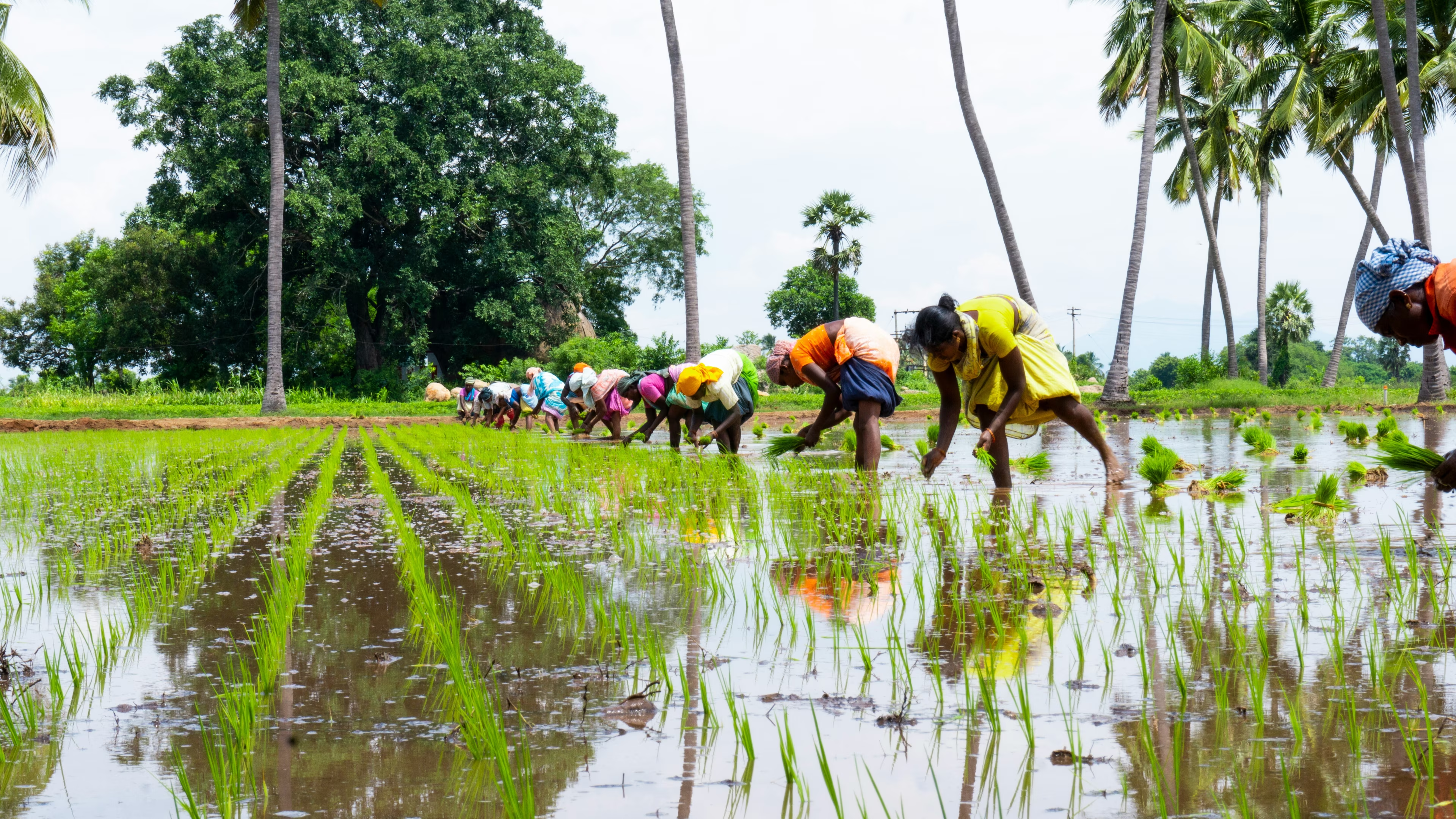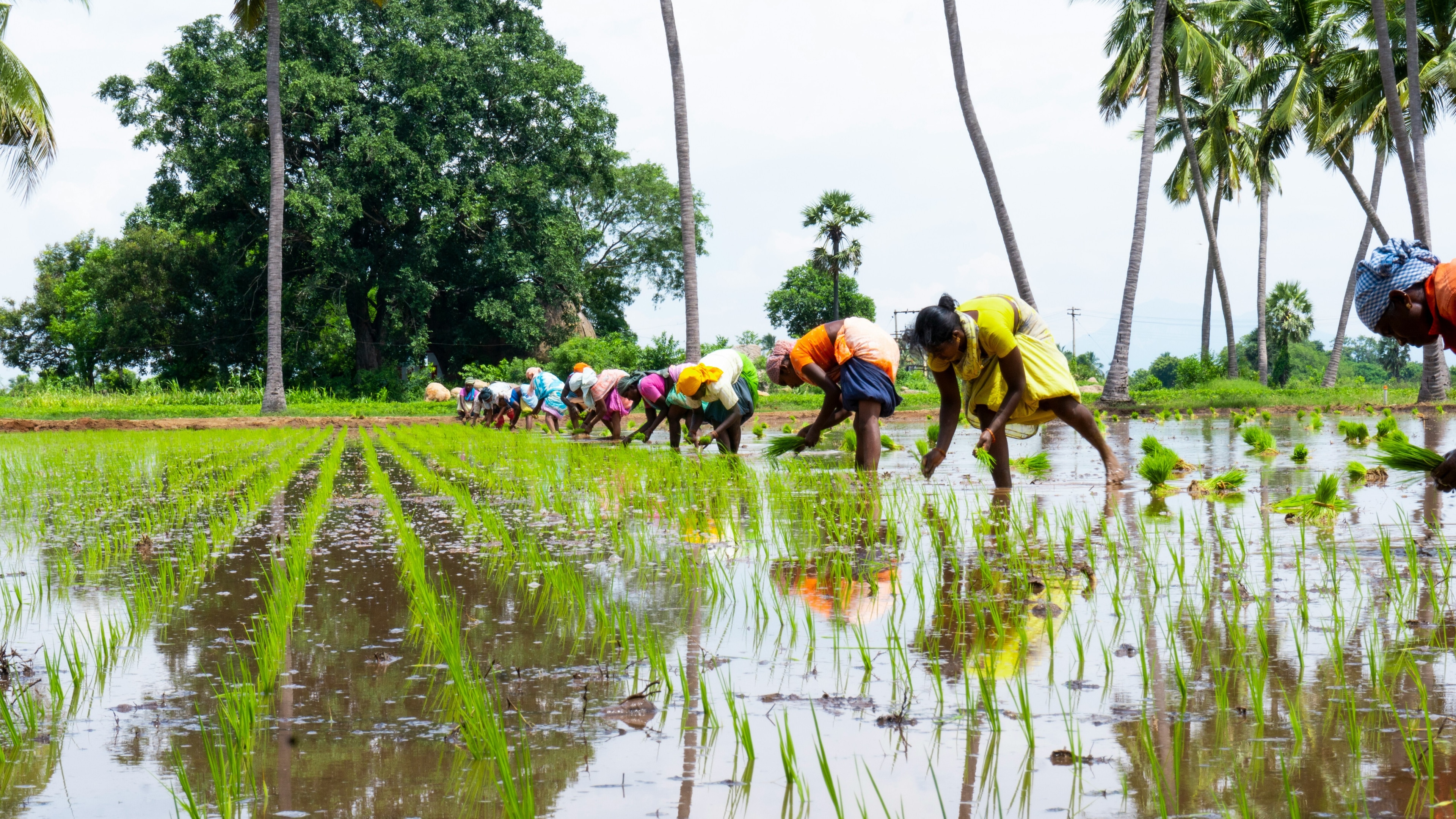Aarti Lila Ram is a Chevening Scholar with a Master’s in Gender, Policy, and Inequalities from the London School of Economics and Political Science.
She has six years’ experience advancing gender-responsive climate resilience and inclusive development in Pakistan. As Deputy Manager of Sustainability at Engro Foundation, she led programmes on sustainable fisheries, digital inclusion for women and youth, and mangrove restoration.
Beyond her institutional role, she has trained more than 25,000 women and girls on gender equality and leadership, addressing structural violence against women.
Her work bridges grassroots empowerment and inclusive development to advance gender equality and climate justice.





